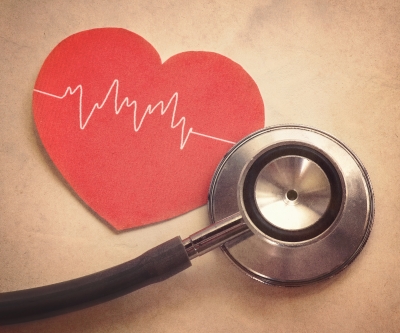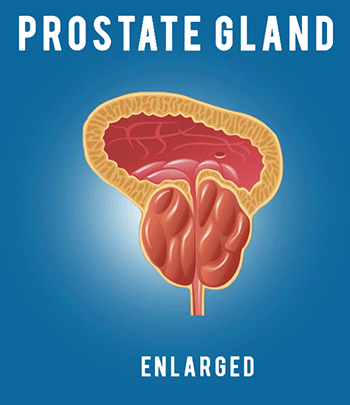Positive Emotions and Heart Health
Positive Emotions and Heart Health

Image courtesy of winnond at FreeDigitalPhotos.net
Numerous studies have shown a huge impact of negative emotions on our health. Stress, anxiety, depression, and so on, are states that make us vulnerable to other health problems, such as heart diseases, diseases that affect our gastrointestinal system, different types of cancer, etc. Even though many studies reveal the strong influence of negative emotions on our health, there are a few studies that examine positive emotions and their effects. However, a recent study has shown that people who are at high risk of coronary artery disease have 20 percent less chance to develop it if they are positive. On the other hand, positive people have fifty percent less risk of heart attack than people with negative attitude. But, no one knows how positive emotions make this influence. Some experts believe that positive people are better motivated to develop and maintain good healthy habits, like exercising, meditation, a balanced diet, cultivating harmonious relationships, etc. There is one more question that needs to be resolved – how can someone with a negative or neutral attitude change her/ his emotional state for more positivity. Dr. Sonja Lyubomirsky, a professor of psychology at the University of California, explains that happiness does not come naturally for many people. And, according to her, they need to work on happiness, help it grow, and stay persistent if they want to cultivate the contentment. Furthermore, certain activities, such as exercising, good sleep, spending time in nature, a high-quality diet can improve our sense of well-being. In other words, happiness can be built over time. To find out more about the link between positive emotions and heart health, the article “Happy Head, Happy Heart: Positive Emotions May Promote Heart-Healthy Behaviors” explains the results as follows.
Positive Emotions and Heart Health
Over the course of five years the researchers tracked more than 1,000 patients with coronary heart disease. Patients who reported higher positive psychological states were more likely to be physically active, sleep better and take their heart medications and were also less likely to smoke, compared to patients with lower levels of positive states.
“Higher levels of positive emotions were associated with less smoking, greater physical activity, better sleep quality and more adherence to medications” at baseline, said the researchers. They found no correlation between positive emotions and alcohol use. The results took into account patients’ demographic factors, depressive symptoms and the severity of their heart conditions.
Though positive emotions at baseline did not predict changes in health behaviors five years later, increases in positive emotions across the five-year period were associated with improvements in physical activity, sleep quality and medication adherence.
Additionally, several studies show significant effects of positive emotions in patients who have already experienced a heart attack. Medical experts claim that it is not too late for them to develop more positive attitudes and emotions. They will need some time to adopt new positive habits, but the results can be extraordinary. Not only that positive emotions can speed up their recovery, but they will help reconvalescents to live a more content life than before the illness.


